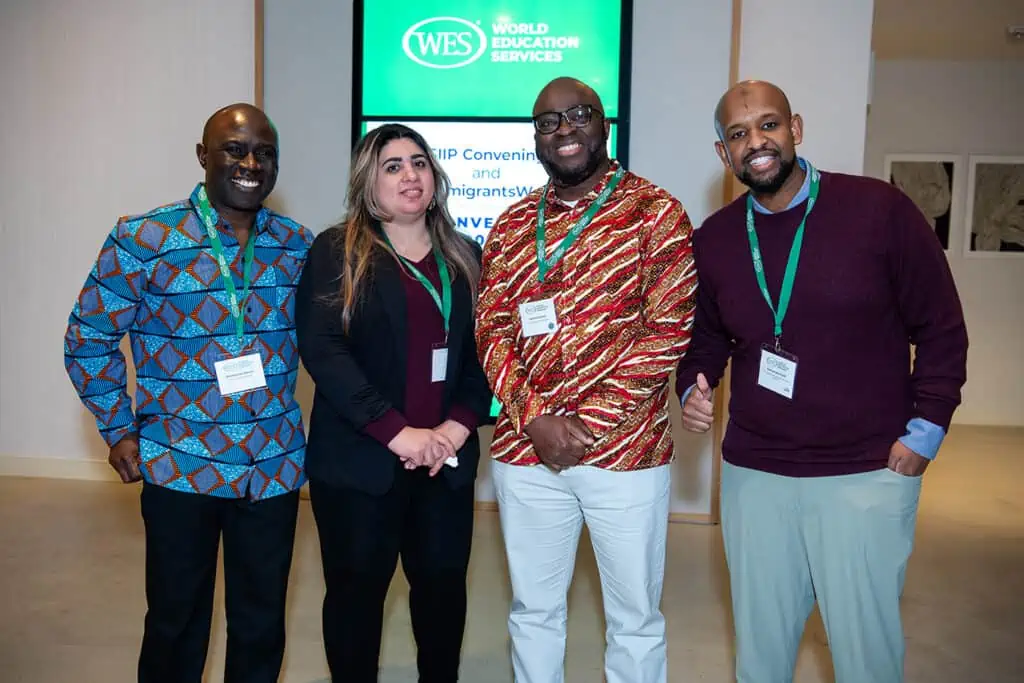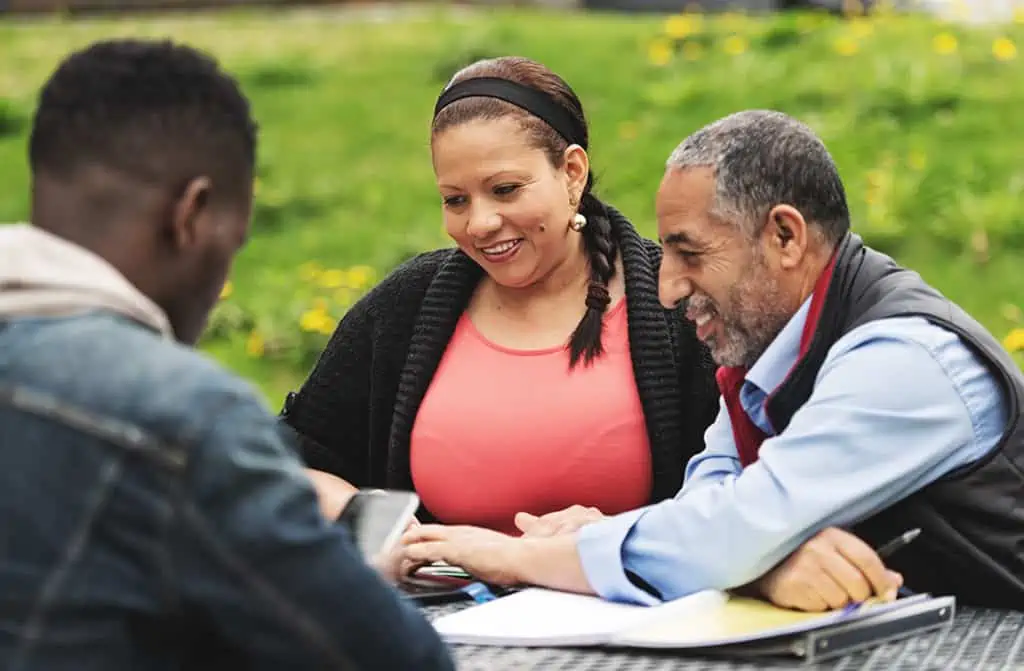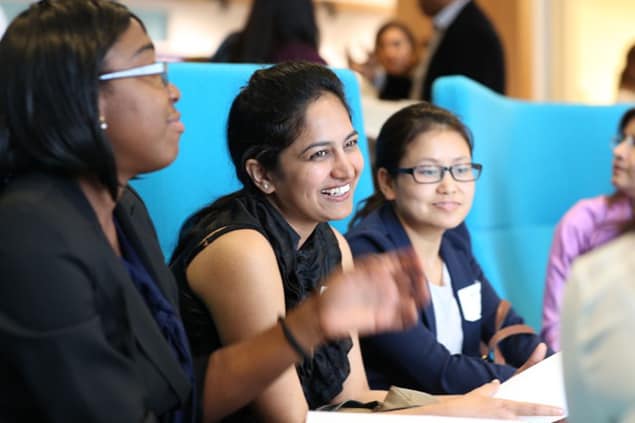How Buffalo’s Commitment to Immigrant Inclusion Reversed Decades of Decline
The 2020 census revealed a trend that city leaders in Buffalo, New York, had not seen in seven decades: growth.
As of last year, the city was home to 278,349 residents, a 6.5 percent increase since 2010. The growth, the first recorded in Buffalo since the 1950 census, is the result of a dedicated effort to not only attract newcomers—including immigrants and refugees—to the city, but to also ensure that these new Buffalonians have the tools to contribute and thrive there. Among the many stakeholders driving a citywide agenda promoting immigrant and refugee inclusion is the International Institute of Buffalo, a century-old refugee resettlement and workforce development organization that has collaborated closely with numerous other Buffalo-based organizations in the WES Global Talent Bridge Skilled Immigrant Integration Program (SIIP) since 2020.
WES connected with Bob Doyle, New American Integration Coordinator with the Institute, to learn what’s working in Buffalo, with the goal of offering promising practices to other communities interested in more fully embracing newcomers.
Buffalo is rightly celebrating the results of the 2020 census. Beyond demographics, what does population growth mean for your community?
In 1910 Buffalo was the eighth-largest city in the country. We are 78th now. The decline has been economically devastating, but we’re beginning to reverse the trend. Creating a welcoming environment for immigrants and refugees has helped us not only stabilize our population loss, but also revitalize our communities and economy. Streets formerly full of abandoned storefronts now have grocery stores, restaurants, and shops run by entrepreneurs from all over the world. Welcoming newcomers with international credentials has bolstered our region’s health care and advanced its manufacturing sector—we field daily requests from local employers seeking to hire from our pool of largely untapped talent. Demographic growth—and change—have injected new life into our social fabric. In addition to long-established events like the Italian Festival, Juneteenth, and the Puerto Rican Day parade, Buffalo now hosts a Taste of Diversity Festival and a Burmese Water Festival that draw people from across the region. There is still plenty of work to be done on inclusion in Buffalo, but we’ve made big strides.
The success that Buffalo is now seeing has been years in the making, including work that started last year when your community became a part of SIIP. How has participating in the program helped advance a citywide strategy on welcoming and including immigrants and refugees?
The International Institute of Buffalo is one of four resettlement agencies serving this city. While each organization offers similar programming—related to resettlement and employment, for example—we also have specialized programs that are open to clients of any organization. Participating in SIIP gave us a platform to build on this collaborative approach to serving our community, to reflect on lessons learned locally, and to connect with similarly focused organizations in cities across the country.
The fact that we joined SIIP in 2020—just as our community was also grappling with COVID-19 and the economic downturn—gave us a sense of urgency about ensuring that all members of our community could contribute to our workforce and help us rebuild.
Buffalo has recently launched programs and strategies to support a very specific community of immigrants and refugees: those with international credentials. How did this community emerge as a priority for your work?
New York State is home to nearly 1 million immigrants and refugees with college degrees, many with international credentials. This education and experience offer huge potential, especially to communities like Buffalo and neighboring cities like Syracuse and Utica, which have also been hit hard by demographic and economic decline. Yet across the state, more than 20 percent of college-educated newcomers face unemployment or underemployment due to systemic barriers.
We’ve known for years that Buffalo was home to numerous people who were educated abroad and unable to use their credentials here, but we didn’t have a program to specifically support them. The SIIP network allowed us to learn about best practices in coaching individuals with international credentials and work experience—and to support us in adapting these models to serve the needs of our community in Buffalo. We are thrilled to have been recently awarded a grant from the New York State Office for New Americans to officially launch a local program as part of a larger statewide network.
Upwardly Global, a national SIIP technical assistance partner, will train job coaches in Buffalo and communities across the state. These coaches will in turn support Institute clients in navigating the U.S. job search, building professional networks, and accessing additional training and licenses to get back into their career fields. The Office for New Americans will help us build partnerships with employers and workforce development boards across the region. This program supports our clients in entering high-demand career fields and local employers in hiring new talent and creating a more equitable, more inclusive workforce. We are excited to get up and running in the coming months.
Are there other best practices from Buffalo that are ripe for replication elsewhere?
Buffalo has seen success in intentionally partnering with refugee- and immigrant-led organizations. Many of these organizational leaders are also community leaders. They inform both our program outreach and program development. There are times when we’ve thought, “this could be a great idea,” and then talked with community partners to discover it might not be the best idea. Our communities and our clients provide us with invaluable feedback because they represent the people we seek to serve; they’ve faced similar, systemic challenges, and they are tuned in to what works to solve them.
As we continue to see economic growth and revitalization in our region, we’re committed to ensuring that it is inclusive. When all Buffalonians can fully contribute to our community, it helps us all move forward.





